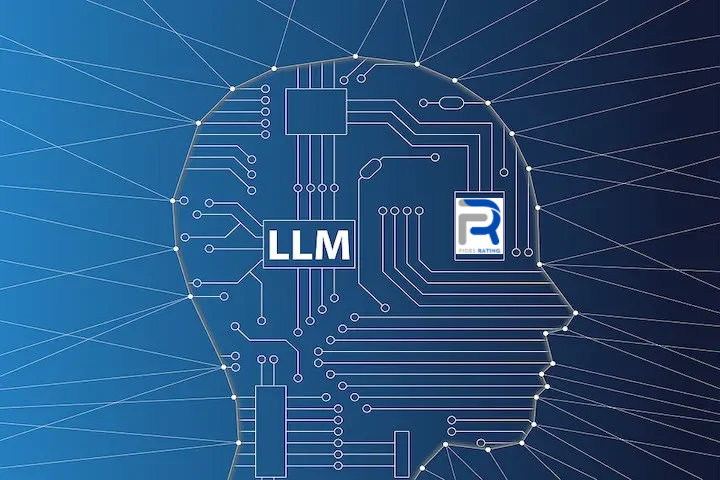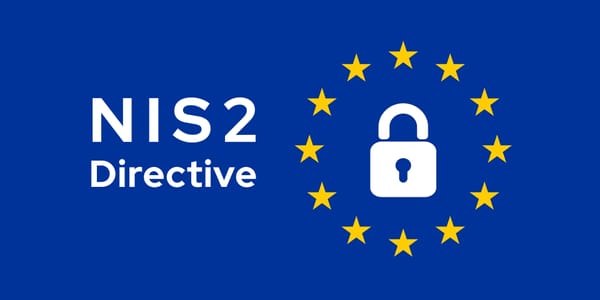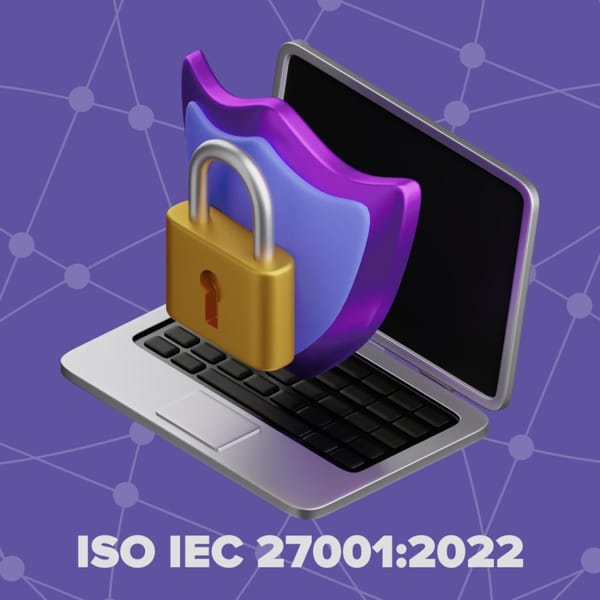How to Evaluate LLM and Generative AI Vendors for Enterprise Solutions

As generative AI and Large Language Models (LLMs) continue to reshape industries, enterprises face a critical challenge: choosing the right AI vendor. Whether for compliance automation, risk management, or cybersecurity, selecting a vendor goes beyond technical capabilities—it impacts security, regulatory compliance, cost efficiency, and long-term business value.
With growing scrutiny from regulators and increasing expectations from business leaders, companies must adopt a structured approach to evaluate generative AI solutions. Here’s what you need to consider when selecting an AI vendor for your enterprise.
1. Accuracy and Reliability: Does the AI Deliver Trustworthy Results?
At the core of any AI-powered solution is its accuracy and reliability. A generative AI tool used in critical decision-making, compliance reporting, or cybersecurity risk assessments must produce consistent, fact-based, and verifiable outputs.
Businesses should evaluate the vendor’s AI models based on:
- Benchmarking Performance: Industry-standard benchmarks like MMLU (Massive Multitask Language Understanding) and HELM (Holistic Evaluation of Language Models) can indicate the model’s accuracy across various scenarios.
- Fine-Tuning Capabilities: The ability to tailor the model to industry-specific requirements is essential. Vendors offering domain-specific tuning provide higher accuracy and contextual relevance.
- Hallucination Rate: Some AI models generate incorrect or misleading responses, which can be dangerous in regulated industries like finance, healthcare, and legal services. Ensuring the model has low error rates and fact-checking mechanisms is crucial.
If AI-generated content is unreliable, its business value diminishes, making this one of the most critical evaluation factors.
2. Security, Compliance, and Data Governance: Is the AI Solution Safe?
With new AI regulations emerging worldwide, businesses must ensure their AI vendors adhere to strict security and compliance protocols. AI tools handling sensitive corporate data must be secure, auditable, and aligned with global regulations.
Key considerations include:
- Data Privacy and Sovereignty: Where is the data stored? Does the vendor offer on-premise deployment, private cloud options, or solely public cloud processing?
- Regulatory Compliance: Enterprises in Europe must ensure AI solutions comply with GDPR, SOC 2 Type 2, ISO 27001, and the upcoming AI Act.
- Explainability and Transparency: AI-driven compliance decisions must be traceable and justifiable. Vendors should provide explainable AI frameworks that enable enterprises to audit AI-generated insights.
For highly regulated sectors like banking, cybersecurity, and healthcare, non-compliance with AI governance standards can result in legal risks, financial penalties, and reputational damage.
3. Integration with Enterprise Systems: Will the AI Work Seamlessly?
No AI solution operates in isolation. Enterprises must evaluate whether an LLM vendor provides seamless integration with existing tools to maximize efficiency and adoption.
Factors to assess include:
- API Compatibility: Does the AI integrate with existing GRC (Governance, Risk, Compliance) platforms, ERP systems, and document management tools?
- Multi-Platform Deployment: Is the AI model cloud-native, hybrid, or on-premise? Does it support the infrastructure needs of the business?
- User Accessibility: Can business users interact with the AI tool effectively, or does it require advanced technical expertise?
A vendor that fails to provide smooth integration could introduce operational bottlenecks rather than enhancing productivity and decision-making.
4. Cost vs. Value: Is the AI Solution Worth the Investment?
AI solutions can be expensive, but their ROI should justify the investment. Beyond the initial licensing costs, enterprises must evaluate long-term scalability, maintenance, and value generation.
Key financial considerations include:
- Scalability: Can the solution grow with your enterprise, or will costs escalate unsustainably?
- Pricing Model: Vendors offer different licensing structures—some charge per user, per query, or enterprise-wide. The model should align with your company’s budget and usage patterns.
- Productivity Gains: Does the AI reduce manual compliance work, improve risk detection, and enhance decision-making? The true ROI lies in efficiency, automation, and risk mitigation benefits.
While low-cost solutions may seem appealing, hidden costs in security risks, poor accuracy, and lack of scalability could make them a poor long-term investment.
5. Vendor Reputation and Support: Can You Trust the AI Provider?
The reliability of an AI vendor extends beyond the technology itself—their track record, support infrastructure, and commitment to innovation matter just as much.
When evaluating vendors, businesses should:
- Review Customer Case Studies: Have they successfully implemented AI solutions in similar industries? Are compliance-driven sectors (finance, legal, cybersecurity) among their clients?
- Assess Support Services: Does the vendor provide ongoing training, regulatory updates, and 24/7 customer support?
- Evaluate Their AI Roadmap: AI technology evolves rapidly. Vendors should have a clear innovation roadmap, ensuring their models stay relevant, secure, and compliant with future regulations.
Choosing an AI vendor is a long-term strategic decision, not just a technology purchase. A vendor with deep industry expertise and continuous AI advancements will deliver sustained value.
Final Thoughts: Choosing the Right AI Vendor is a Competitive Advantage
Selecting an LLM or generative AI solution is about more than just technology—it’s a business decision that impacts compliance, security, operational efficiency, and financial performance.
To summarize, enterprises must prioritize AI vendors who offer:
✅ High accuracy and reliability to prevent incorrect insights.
✅ Strong security and regulatory compliance to mitigate legal risks.
✅ Seamless integration with existing enterprise systems.
✅ Cost-effectiveness and scalable value generation.
✅ A reputable track record and future-proof AI strategy.
Companies that choose wisely will not only optimize AI adoption but also gain a competitive advantage in their industry.



